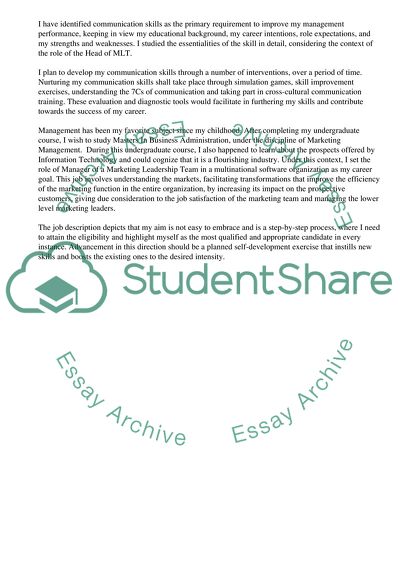Cite this document
(Attributes to Growing into an Efficient Manager Personal Statement, n.d.)
Attributes to Growing into an Efficient Manager Personal Statement. Retrieved from https://studentshare.org/management/1618610-compose-a-report-on-management-performance-characteristics
Attributes to Growing into an Efficient Manager Personal Statement. Retrieved from https://studentshare.org/management/1618610-compose-a-report-on-management-performance-characteristics
(Attributes to Growing into an Efficient Manager Personal Statement)
Attributes to Growing into an Efficient Manager Personal Statement. https://studentshare.org/management/1618610-compose-a-report-on-management-performance-characteristics.
Attributes to Growing into an Efficient Manager Personal Statement. https://studentshare.org/management/1618610-compose-a-report-on-management-performance-characteristics.
“Attributes to Growing into an Efficient Manager Personal Statement”, n.d. https://studentshare.org/management/1618610-compose-a-report-on-management-performance-characteristics.


